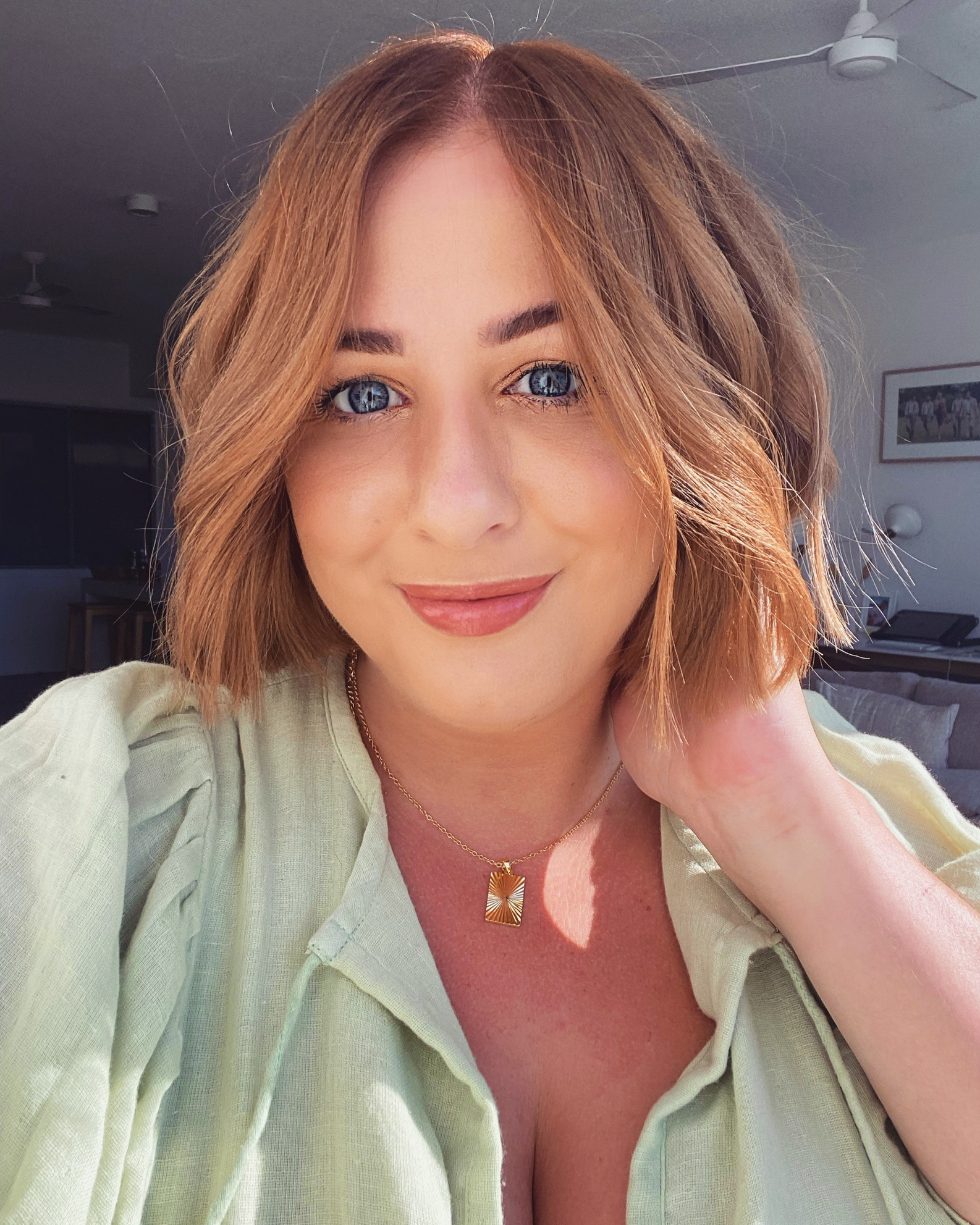Will Cannabis help you to get a better night's sleep?
Many of us have heard rumours about how smoking a joint before bed helps people sleep, but how exactly does Cannabis influence a person's sleep patterns?
 Image credit:
Dominika Roseclay
Image credit:
Dominika Roseclay
TL;DR
-
Sleep is essential for recovery, mood, weight loss and improving your memory
-
Cannabis affects the quality of sleep women differently
-
THC will likely help a person to fall asleep faster when used on a short-term basis
-
CBD can help alleviate the symptoms causing insomnia, like anxiety and chronic pain
Cannabis can help a person fall into a deep sleep for longer, but it's not a one-size-fits-all solution. In this article, we'll explore the benefits of Cannabis usage for sleep and things to look out for.
Many of us have heard rumours about how smoking a joint before bed helps people sleep, but how exactly does Cannabis influence a person's sleep patterns?
Sleep is vital for the human body to function and essential for human survival. During sleep, the human body utilises the time to recover, repair and metabolise, improving memory, mood and promoting more effective learning.
While these are all very important for humans to thrive, sleep has several bonus benefits. Research shows that a whole night of sleep helps to reduce the risk of life-threatening illnesses like diabetes, heart disease and high blood; sleep will also help the immune system to ward off colds or the flu.
A lack of sleep could play a part for those struggling to lose weight. Without a full night's sleep, the body struggles to regulate appetite hormones which can result in overeating, making sleep-deprived individuals at least 55% more prone to obesity.
Despite the many benefits of a decent snooze, sometimes sleep anxiety, and other sleep disorders can prevent us from enjoying a good night's rest. While there are medications that can aid in sleep disorders such as insomnia, there are natural alternatives that can often be far more effective – this is where Cannabis comes in.
According to recent research and patient studies by A. Kesner and D. Lovinger for frontiers, THC can significantly influence a person's sleep quality. Many factors can impact the outcome regarding Cannabis consumption, such as age, sex, frequency and amount. It's usually best to start with a low dose, especially if you are new to using Cannabis, and we recommend discussing the correct dose with your doctor.
Before we dive into the big questions, let's discuss the different types of sleep.
Rapid Eye Movement
Slow Wave Sleep
Rapid Eye Movement
Rapid Eye Movement or "REM" pis self-explanatory, occurring when a person's eyes begin to move around rapidly underneath their closed eyelids while the rest of the body remains inactive.
Slow Wave Sleep
Slow Wave Sleep or "SWS" is named after the slow-moving brain waves present during deep sleep. This is when a person is most difficult to wake up and can result in significant grogginess when a person does not catch enough SWS.
The body cycles through both of these forms of sleep throughout the night several times, with a person finally waking naturally from REM sleep.
"THC will likely help a person to fall asleep faster when used on a short-term basis"
How does THC affect these sleep cycles?
Well, with researchers reporting different results, it's difficult to say for sure, but what we do know is that the effects of Cannabis on sleep will change depending on how frequently you consume it.
According to recent studies, THC will likely help a person to fall asleep faster when used on a short-term basis; THC will also help people remain asleep longer. Based on experimental studies, scientists believe that consuming THC over a short period can increase time spent in SWS while decreasing REM. One small study showed that Cannabis could help with sleep apnea by helping to regulate breathing. Cannabis also governs serotonin delivery, keeping throat muscles dilated enough for a clear air pathway.
According to experts, when chronic THC users suddenly stop consuming THC, they often experience broken sleep and vivid dreams. This is because the body will spend less time in SWS, causing drowsiness and grogginess the following day.
While there is evidence that withdrawals from THC in chronic users can result in a lack of deep sleep, these symptoms are not likely to last very long, with REM and SWS eventually stabilising.
Interestingly, these withdrawal symptoms may not present the same in females as in males. Cannabis experiments on mice, where both male and female mice were dosed with THC before abstaining from THC use, showed that males experienced an increase in REM sleep and decreased SWS sleep while females did not experience the same increase in REM sleep.
Why does THC affect females in a different way than men?
According to experts, it's all about the human body's differing physiological makeup. Humans have an endocannabinoid system that helps the body to regulate Cannabis; this system is made up of receptors such as the CB1 receptor, which aids the body in activating the psychoactive element found in THC.
The area of the brain responsible for regulating sleep is chock full of these CB1 receptors, making the brain especially susceptible to drowsiness caused by THC. Males and females have different amounts of these receptors, which means they are often affected differently by THC-rich Cannabis.
"CBD can alleviate insomnia by reducing anxiety or chronic pain, often two of the main causes for restless nights"
Can CBD help?
Much like the THC component of Cannabis, there is not much definitive research proving that CBD aids in sleep disorders. Still, some early studies indicate that high doses of CBD, compared with a placebo, resulted in longer sleep periods in participants. CBD can alleviate insomnia by reducing anxiety, helping your mind to stop racing, relax and fall asleep. It can also help with chronic pain, often another cause of restless nights.
Does Cannabis improve sleep?
Recent research shows that the consumption of THC will likely help a person to fall asleep faster and stay asleep for longer. CBD can help alleviate the symptoms causing insomnia, like anxiety and chronic pain. Still, not enough evidence has been found to definitively say that the effects of Cannabis will impact all humans in the same way – especially when comparing the effect of THC in men and women.
While the effects of THC are likely to help people suffering from sleep disorders for a short period of time, evidence from clinical trials shows that the effects of THC will change over longer periods of time as users build up a tolerance, meaning the dosage will likely need to be increased.
What scientists can say for sure is that Cannabis will undoubtedly have an impact on the quality of your sleep, but it's important to work with the doctor to find you the right product and dose.
Sweet dreams!

